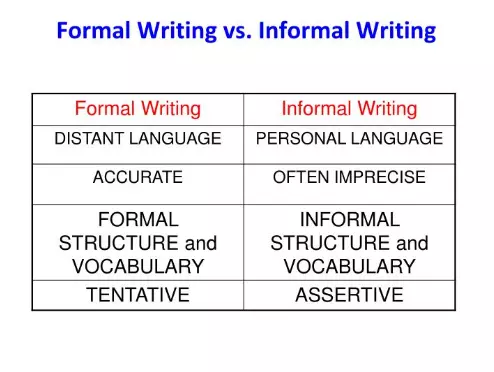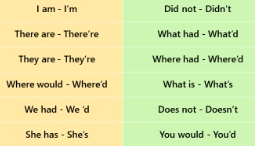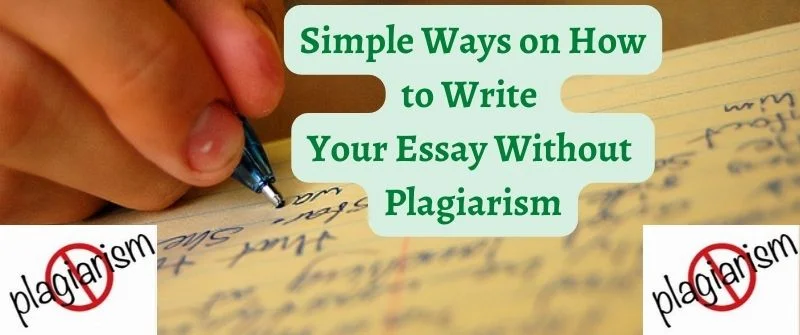Can you Curse in College Essay: Tips to avoid Informal Words

College essays can add great value when you seek admission to a college. These are essays that you write to tell more about yourself so that the institution can know you more.
Typically, they allow students to write their stories depicting core interests in life as well as personal backgrounds. As a student, you can come up with the best college essay if you write about something that is important to you.
At the end of writing your college essay, there should be a connection with the reader. Most admission officers look forward to essays that are about a student.
Apart from the grades and school scores, they use these essays to distinguish you from other applicants.
Can I Curse in my College Essay?
As a rule of thumb and respect, you cannot curse in your college essay or any formal academic writing work. However, with special caution, you can use the word ‘curse’ in a normal way within your essay to make your point or present the argument.
This is because curse words, when appropriately used, can show the author’s sincerity in writing.
However, do not use curse words in serious writing. These words can help a writer to convey strong emotions while connecting with the reader.

Curse in a college essay helps the audience learn more about the writer and the prevailing environment. Without a doubt, curses are common in day-to-day life.
They apply in different life situations, but when used in writing, they can add extra information.
Swearing and cursing in a college essay need a lot of caution lest you confuse your audience.
For instance, when you use curse words to directly address the audience, you can sound defensive and confuse them. As such, it is important to know how your audience will interpret the cursing.
If you are unsure about it, do not use cursing or swearing in an essay.
Consequences of Bad Language is Wrong in Essays
Using profane or obscene language in essay writing has dire consequences. Even though writers think it is an opportunity to add vividness in the writing, the audience is likely to misunderstand this.
Crude and bad language can affect your writing success negatively. Admitting officers have piles of essays to go through. As such, essays with bad language will sound unprofessional and informal.
The reader will not want to get into details by reading further.
In most cases, bad language can be used to portray a psychological scenario. However, this will sound positive to the author who is writing the essay. To the reader, foul language will sound offensive.
Reasons to Avoid Informal Language in Essay Writing
Most writers use these words in essay writing because they cannot differentiate between formal and informal words. Most of the informal words apply in daily speaking and will sound right.
However, you cannot bring them into writing, especially if it involves an academic essay.

For instance, a small child can be referred to as a ‘kid’ in speaking.
But the word ‘kid’ will have a wrong interpretation in writing. It translates to a baby goat.
Moving on, the word ‘stuff’, when used in speaking, refers to unspecified things or materials.
In writing, it becomes an informal word that will confuse readers.
Other notable informal words you may use without knowing include grandpa, grandma, mom, a lot, dad and okay.
When an essay has informal language, the reader may get the impression that you did not think comprehensively about your ideas before writing.
It simply portrays a writer who is not serious about his or her studies. Keep in mind your college essay matters.
An informal word can remind your admission officer of a casual conversation. Consequently, he may end up ignoring your ideas.
For this reason, always check for informal words when proofreading your essay to avoid presenting a poor-quality paper.
Tips to Avoid Informal Words in Academic Writing
As mentioned, informal words are simply colloquial and common in everyday conversation. Most people use informal language when conversing verbally but fail to avoid it when it is time to write formally.
Academic writings such as scientific papers, essays and cover letters need formal language. A writer can achieve this by selecting words that are precise to avoid the use of general phrases.
By focusing on delivering a clear thesis that is coherent, you are least likely to use informal words.
Below are vital tips that can keep you formal in academic writing:
1. Improve your vocabulary
With a larger vocabulary in mind, be sure your writing will be more formal. When your mind has a rich informal vocabulary, ordinary words will not be in your essay.
For instance, replace words such as “mom” and “dad” with “mother” and “father”, respectively.

You will not only avoid informal words but also be in a position to minimize repetition.
You can improve your vocabulary by reading widely. There are significant publications and college-level books that have new words for you to learn.
2. Do away with Filler Words
Uninteresting filler words will make your writing unclear and not concise. These are words that will make your academic writing to sound not only informal but also less professional.
Therefore, flash the broad words from your writing and replace them with exact and precise words.
3. Use Precise Words and not Phrasal Verbs
When a preposition is used alongside a verb, you create a phrase with a completely different meaning. These are phrases that will make your work to appear informal.
Alternatively, replace them with precise words presenting the same ideas more formally.
4. Avoid the use of Contractions
As a competent writer, spell out all words in your essay instead of putting contractions. Contractions are appropriate when speaking because they are shortcuts to pronounce words faster.

For instance, instead of the word “don’t”, simply write “do not”.
5. Third-person Writing
Formal writing is easy to use when you write in the third person. This type of writing will ensure your work is full of facts. The use of the first-person will sound informal.
6. Do away with Clichés
Clichés in your writing will make it sound unprofessional. These are commonly used phrases that may sound imprecise when you introduce them into formal writing.
A good example of these clichés is a phrase like” raining cats and dogs.”




